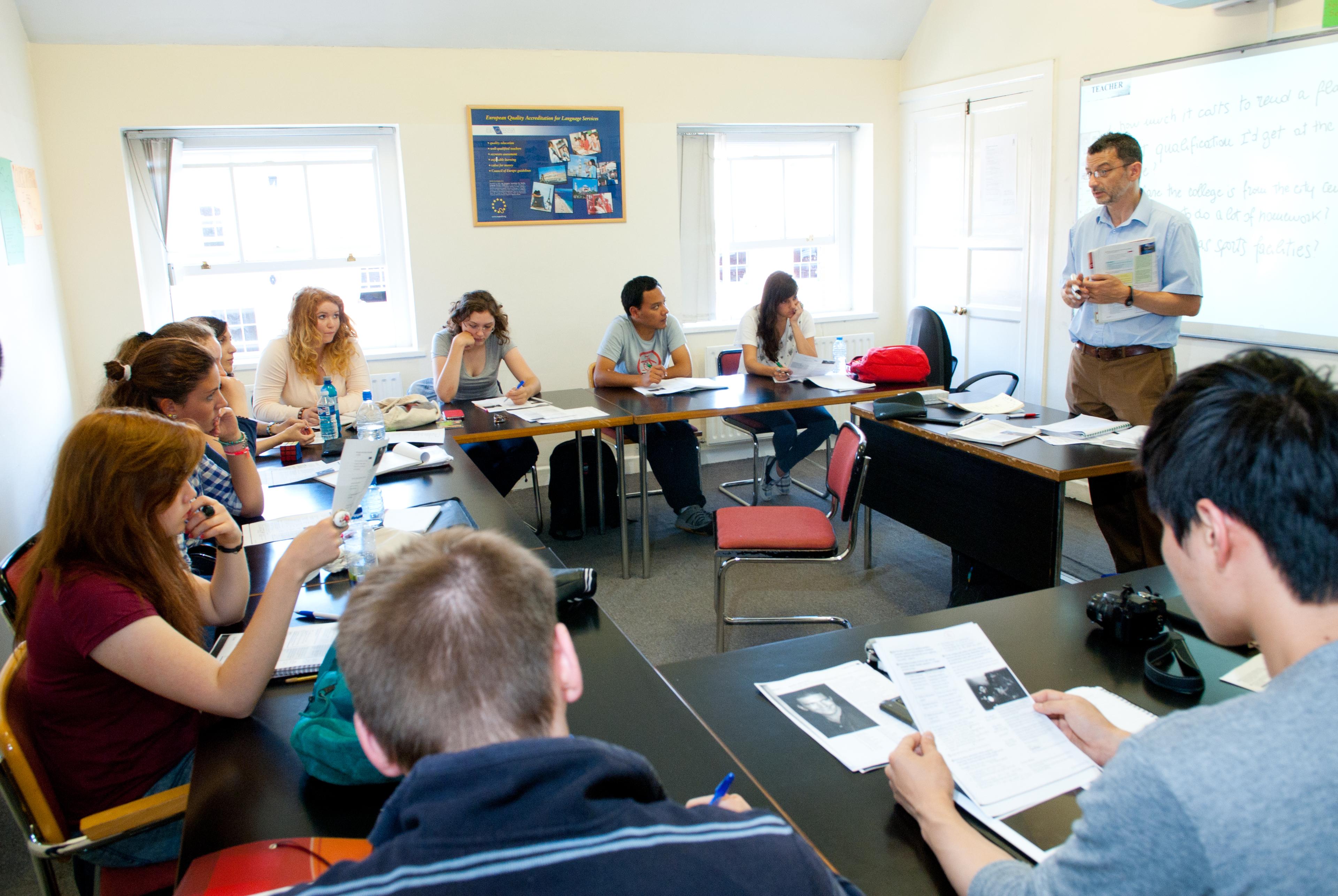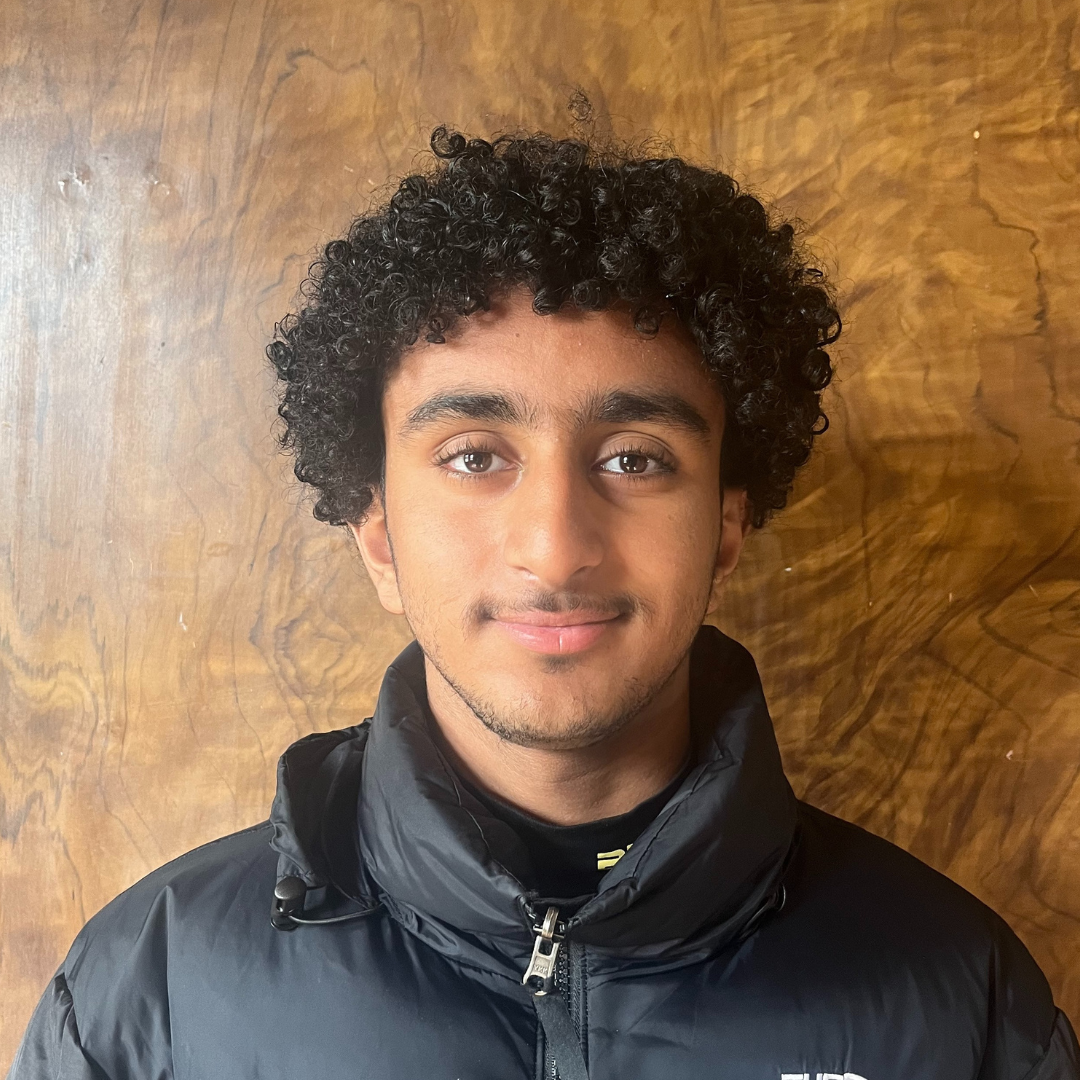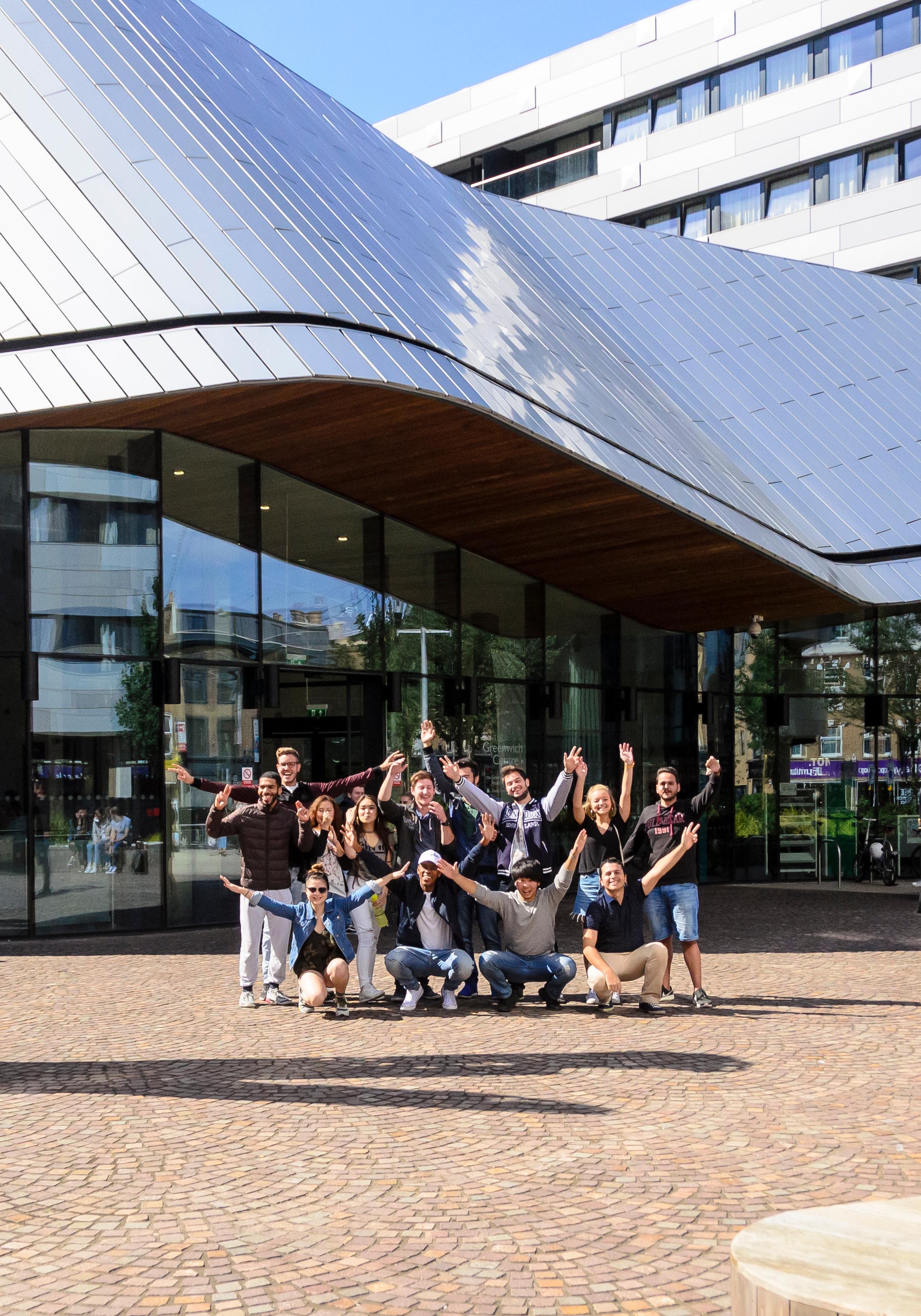Learn More About Our CLIL Course For Teachers
This course is tailored for language teachers aiming to advance their Content and Language Integrated Learning (CLIL) and Teaching English as a Foreign Language (TEFL) skills. Gain insights into international best practices, create a digital portfolio for reference and dissemination, and improve personal English language skills.
Engage in a cross-cultural exchange with professionals across Europe, delving into native-speaking history and culture, and explore Erasmus+ for further professional development.

Why Choose Twin?
Improve CLIL Approach
A specialised CLIL course for teachers. Learn new language teaching activities and a modern approach.
Develop a Dynamic Classroom Style
Deliver high-quality content lessons to learners in English with confidence.
Boost Your Own English Education
Improve your English communication skills while exploring a native-speaking culture.
Why Study Theory and Practice of CLIL?
Improve your CLIL teaching methods and classroom practices with our specialised course for language teachers. Tailored for TEFL educators, this hands-on program blends theory, practical activities, and modern methodologies.
This one to two-week course is hosted in either London or Dublin. Ideal for upper-intermediate English levels, this course is perfect for educators aiming to improve CLIL methodology and improve their own English abilities.
Course Overview
Discover our CLIL course for language teachers, a hands-on program blending theory and practice. Aimed at TEFL educators, this specialised course focuses on the Content and Language Integrated Learning (CLIL) approach. Through lectures and activities, you’ll discover international best practices.
The course encourages reflection, explores alternative methodologies, and incorporates various classroom activities. Ideal for language teachers aiming to enhance their skills, the program offers a toolkit for effective CLIL implementation.
Fast Facts
Locations
Dublin
(London for closed groups)
English Levels
Upper Intermediate-Advanced
Duration
One Week or Two Weeks
What’s Included?
The Theory and Practice of CLIL course includes:
- Key concepts of CLIL
- Practical activities and teaching methods
- Intensive English tuition
- Linguistic, strategic, and pragmatic competences
- Fluency development

Objectives and Outcomes
Ideal for CLIL (Content and Language Integrated Learning) teachers, this course provides specialised training in Teaching English as a Foreign Language (TEFL) improvement. Tailored for those delivering content lessons in English, this hands-on program enhances teaching skills using a practical approach combined with modern methodology and CLIL theory.
- To familiarise participants with key concepts and issues in CLIL and to share international best practice techniques
- To help develop their teaching techniques and confidence in teaching subjects through English and to examine the impact on teaching of recent pedagogical developments including developments in classroom technology
- To cover a variety of school subjects including geography, history, science and art with a focus on methods of making the subjects accessible through English
- To examine the theoretical principles underpinning CLIL in such a way that they will be applicable to practice at primary and secondary level
- To develop and consolidate participants’ own language skills
- To establish contacts between teachers from a variety of European backgrounds and facilitate future networking among these professionals
- Increased confidence in using a variety of teaching techniques, including new technology developments, which are transferable to a range of curriculum subjects at primary or secondary level
- Greater awareness and understanding of international best practice techniques in the area of CLIL including the area of assessment in the CLIL classroom
- Digital portfolio of CLIL lesson plans and projects for the CLIL classroom to act as a reference for implementing new techniques in their schools and also as an aid to disseminating the project to colleagues
- Enhancement of personal English Language skills
- Greater understanding of students’ needs and improved learner outcomes for their students
- Enhancement of personal English language skills
- Improved learner outcomes for their students
- Sharing of experience and knowledge with professionals from a range of European countries
- Knowledge of Erasmus+ potential for professional development
Pricing and Fees
see what our participants have to say
Twin English Centres: A World of Learning Opportunities
Currently, we offer this course at the following locations:
Other Teacher Training Courses
Frequently Asked Questions
The course requires an upper-intermediate level of English proficiency to ensure effective participation and understanding of the content.
Participants have access to comprehensive learning materials, including lectures and practical activities. The course tutor will also be available to assist in learners’ education.
Upon finishing the course, participants will receive a certificate of completion. They will also have a digital skills portfolio, showcasing their newfound expertise in CLIL methodology.
Still have questions?
Can’t find the answer you’re looking for?
Please chat to our friendly team.



